

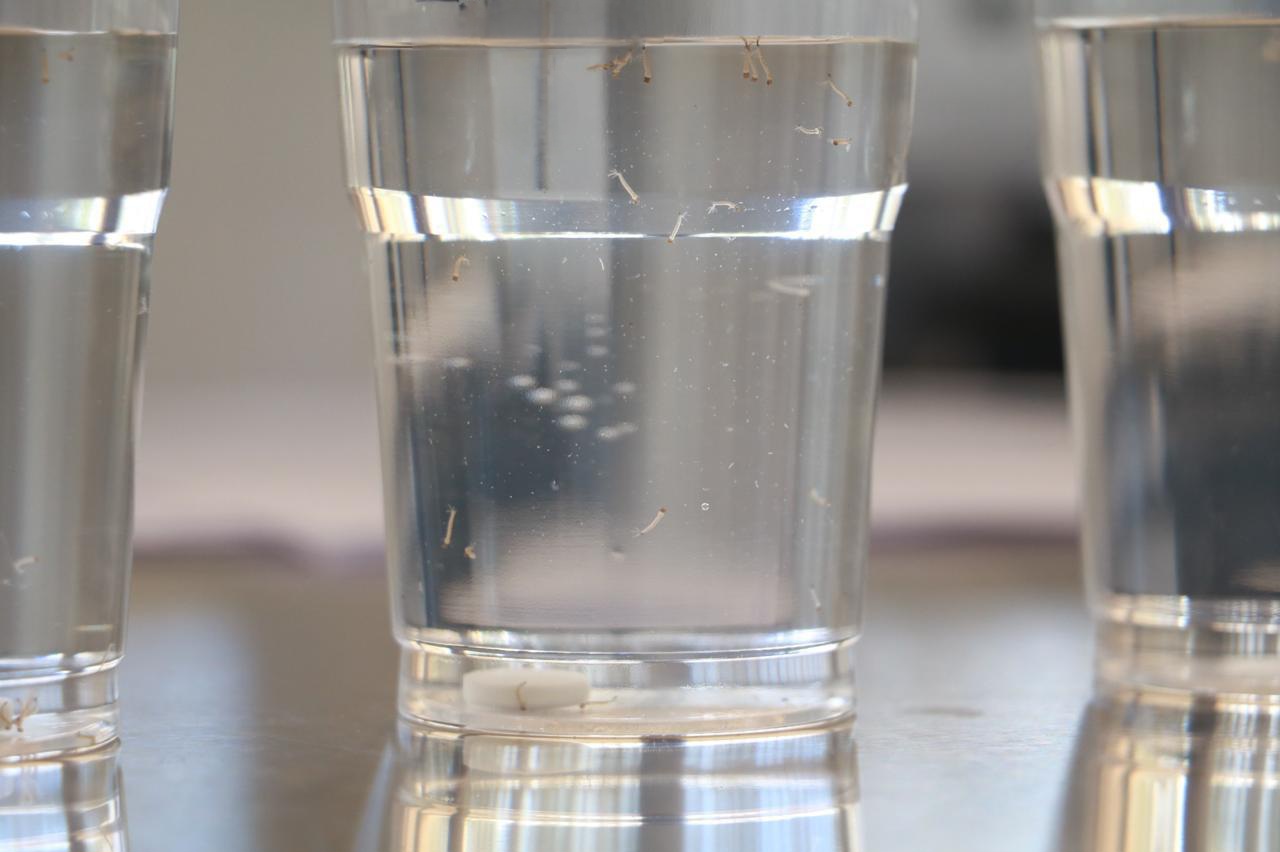
Researchers have found a substance in propolis from bees native to Brazil that kills 90% to 100% of Aedes aegypti larvae. The compound, found in pine sap, is likely enhanced by insect processing and has the potential to help combat mosquitoes that transmit arboviruses.
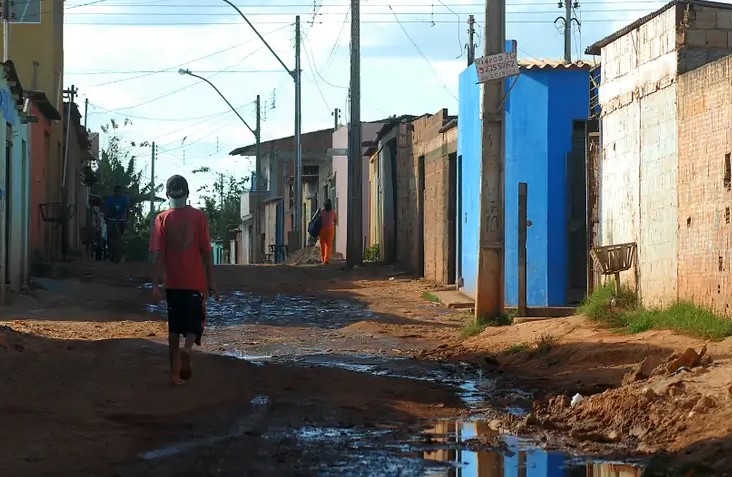
Over the course of three years, researchers from the University of São Paulo and their collaborators examined the “belief in a just world” of 659 São Paulo residents between the ages of 12 and 14. The results highlight the importance of incorporating urban and structural factors, such as access to services and community cohesion, into discussions on citizenship and democratic development.
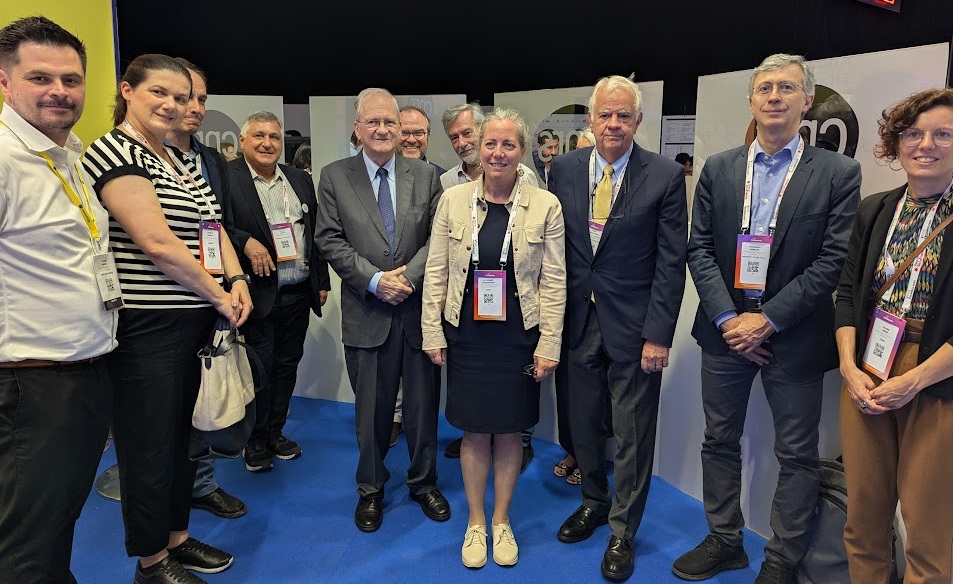
Delegation visiting France to participate in FAPESP Week learns about the instruments available at the French National Center for Scientific Research to support innovation and startups.
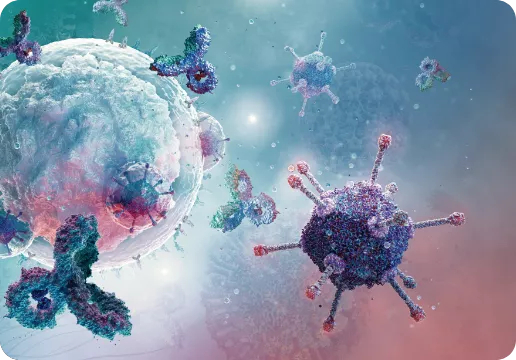
Scientists from the Curie Institute and the University of São Paulo are about to conduct a clinical study to evaluate the safety and efficacy of a new CAR-T cell-based immunotherapy for patients with oculocerebral lymphoma; the project was presented at FAPESP Week in Toulouse.
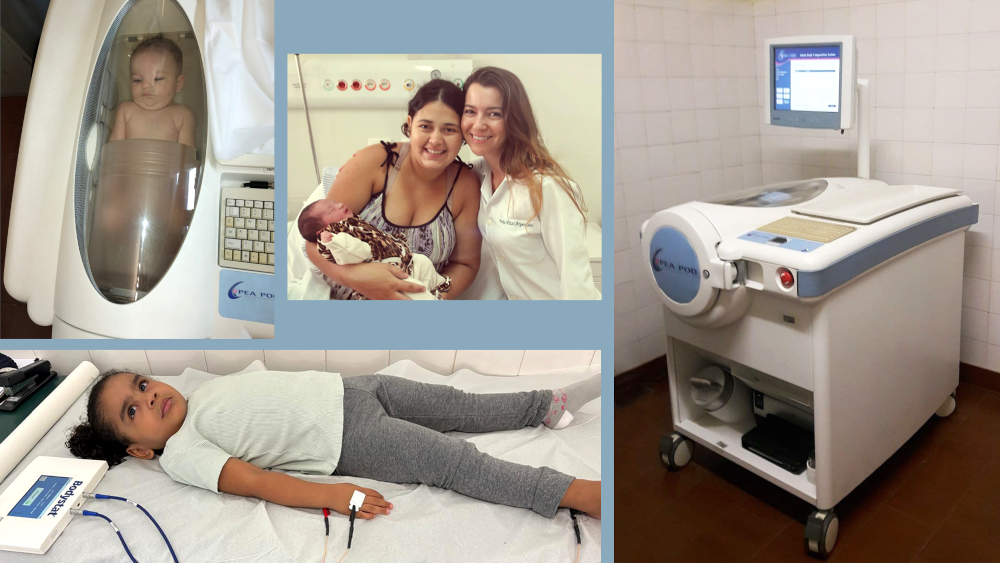
The evaluation of predictive models for low birth weight cases was based on data from a population study of over 1,500 pregnant women in the city of Araraquara in the state of São Paulo, Brazil. Early identification of the problem is crucial for effective intervention.
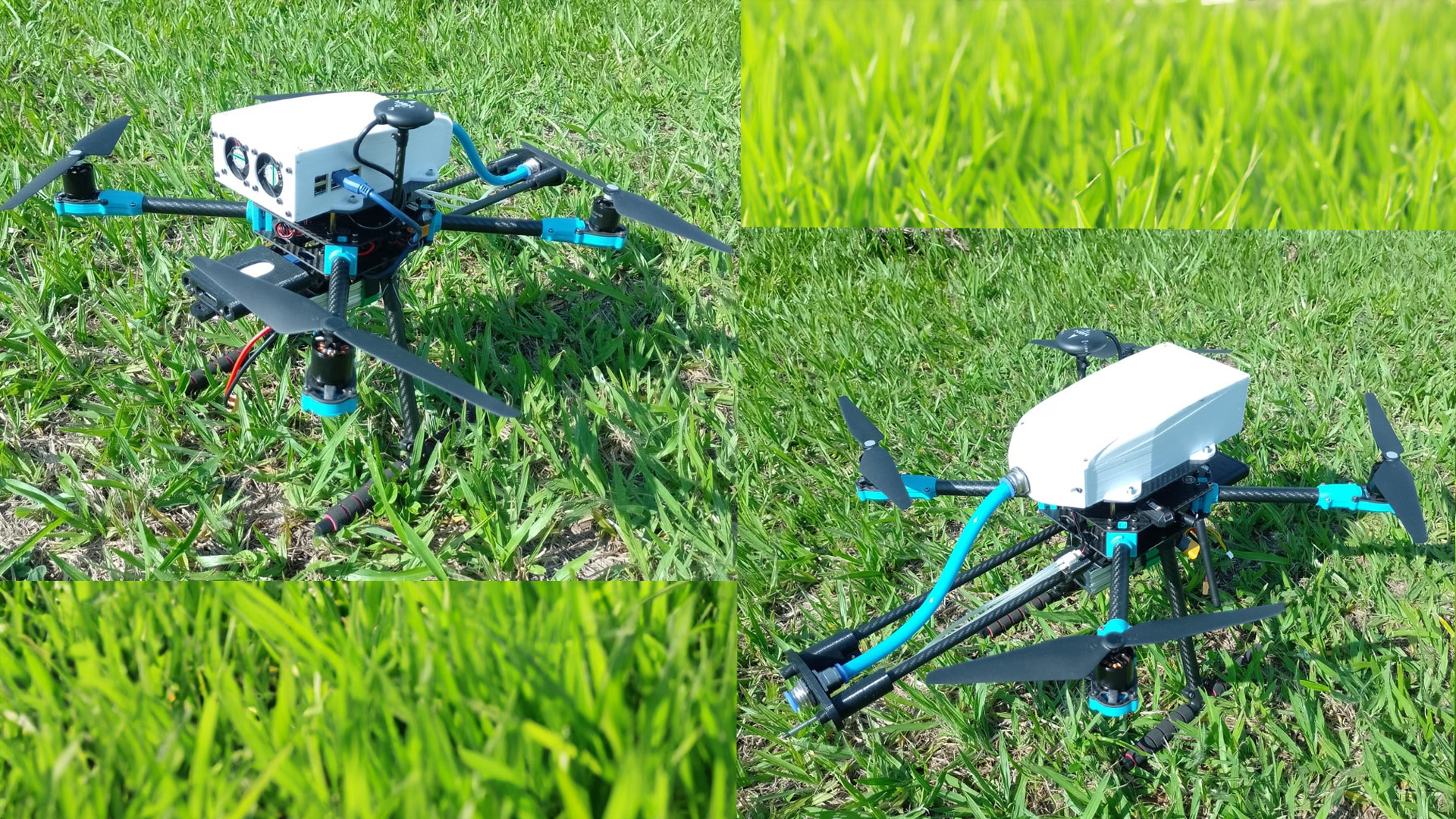
University of São Paulo researchers are developing an aircraft equipped with sensors that can detect and measure the concentrations of carbon dioxide and methane in the environment; the project was presented at FAPESP Week France in Toulouse.
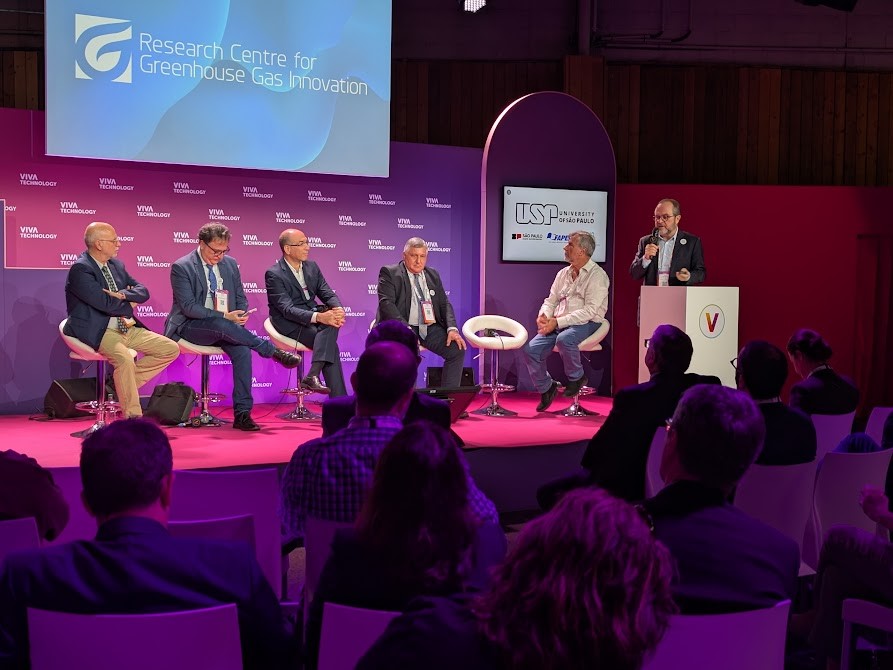
At VivaTech in Paris, research center coordinators showcase the advances made at the University of São Paulo in agriculture, climate, energy, computing, artificial intelligence, and health.

At Europe’s largest innovation event, Jensen Huang, CEO of NVIDIA, describes a scenario in which factories, robots, and industrial systems will be developed and tested digitally before going into operation.
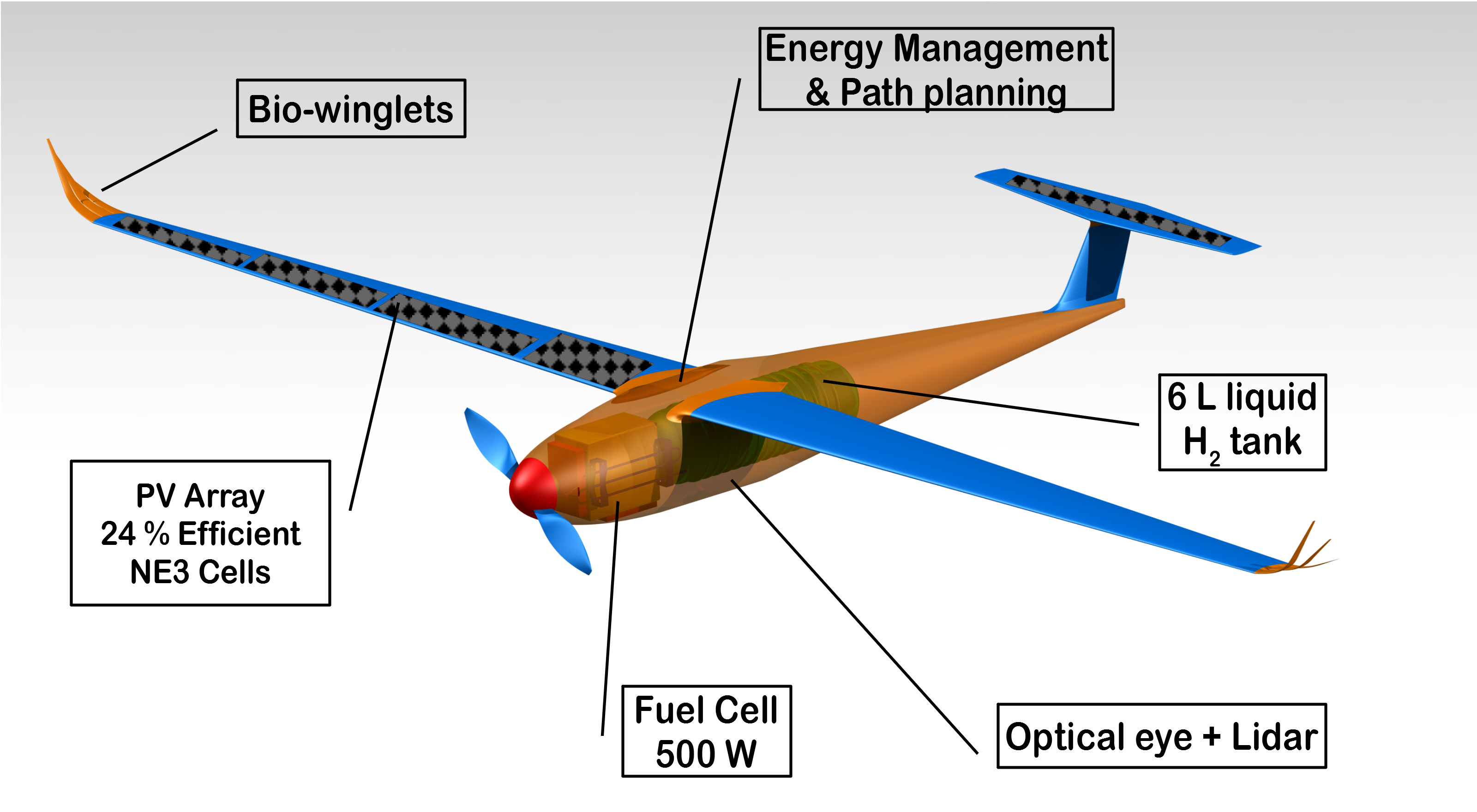
The aircraft’s design is inspired by albatrosses, which exploit atmospheric turbulence to fly for long periods with minimal effort and energy expenditure; the project, developed by French engineers, was presented during FAPESP Week France.
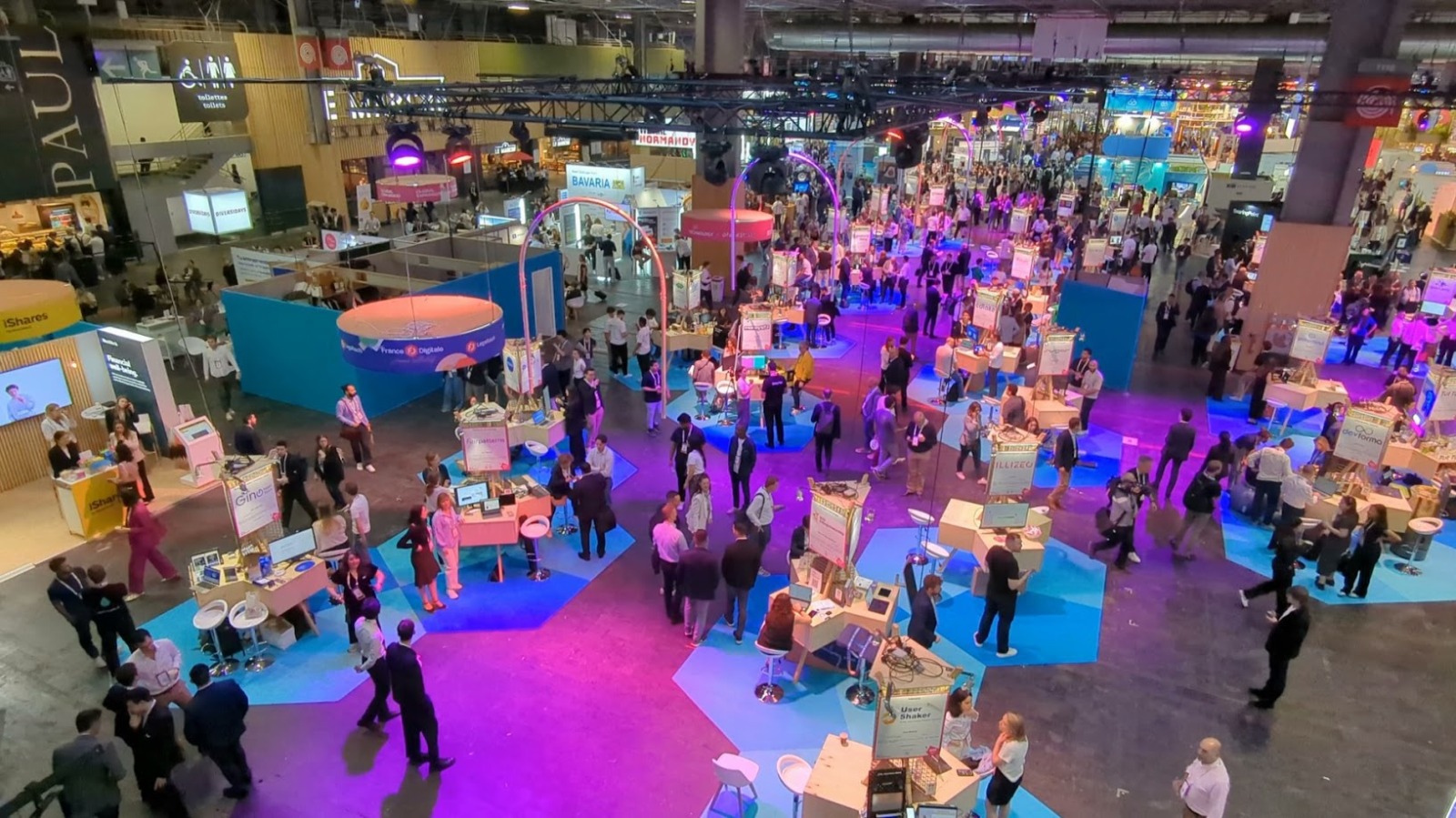
With support from USP and FAPESP, scientists and entrepreneurs showcase their innovative research in areas such as agriculture, climate, photonics, artificial intelligence, materials, and health in Paris.
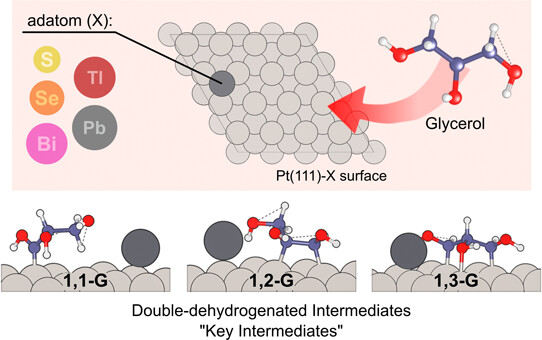
Research by the Center for the Development of Functional Materials and the State University of Campinas addresses an important process for generating energy and producing high value-added chemical products.
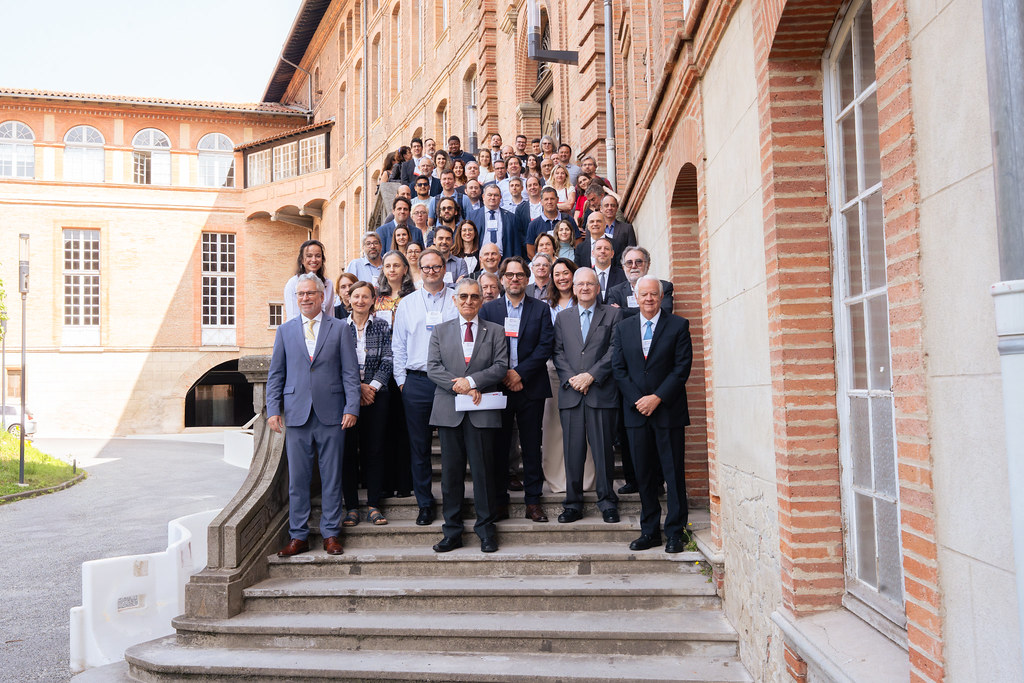
The assessment was made by participants in the opening session of FAPESP Week France in Toulouse.
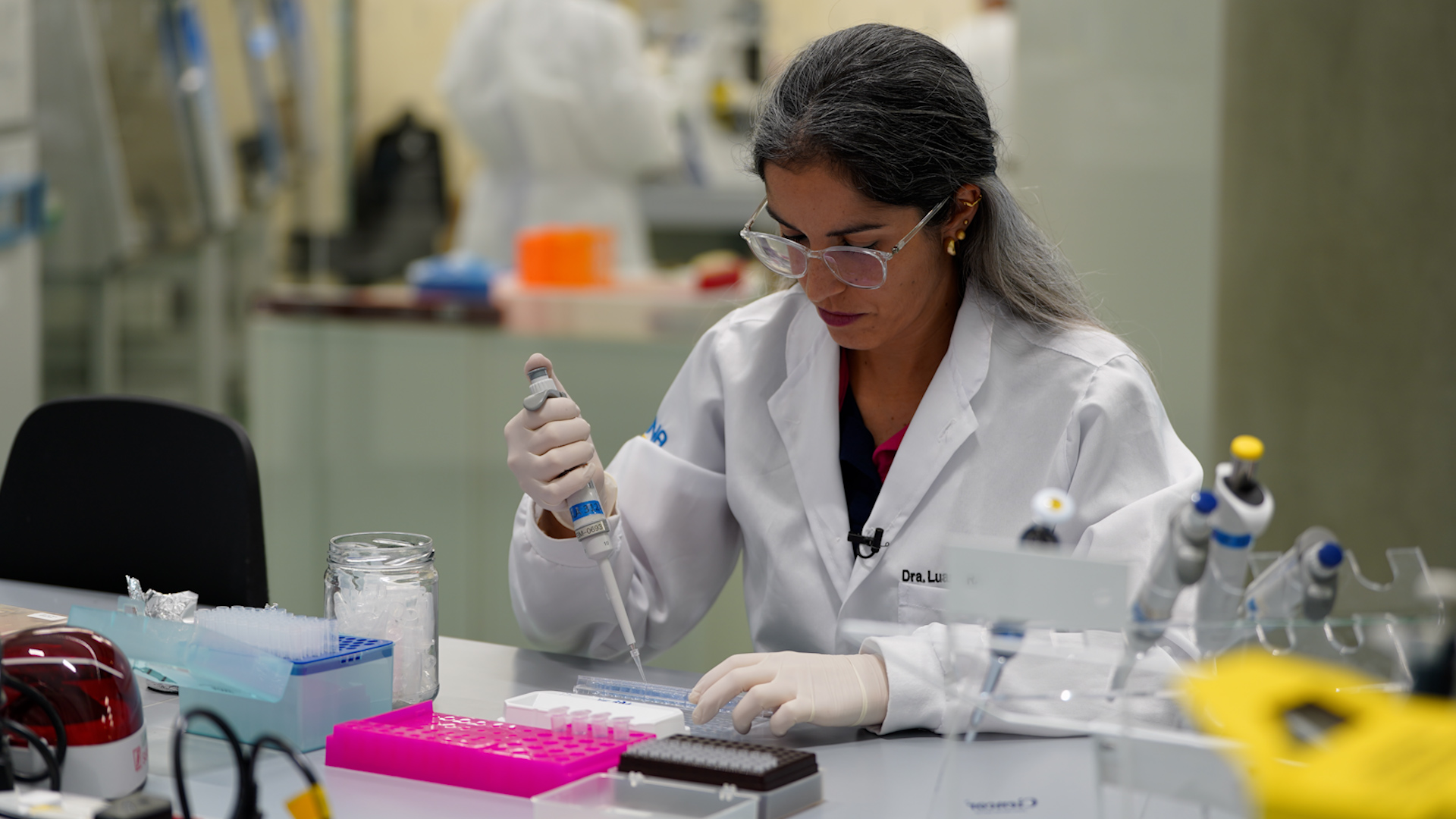
With support from FAPESP, the São Paulo startup has developed a molecule that can stimulate the immune system to fight cancer caused by the human papillomavirus; the technology will be presented at the VivaTech fair in Paris.
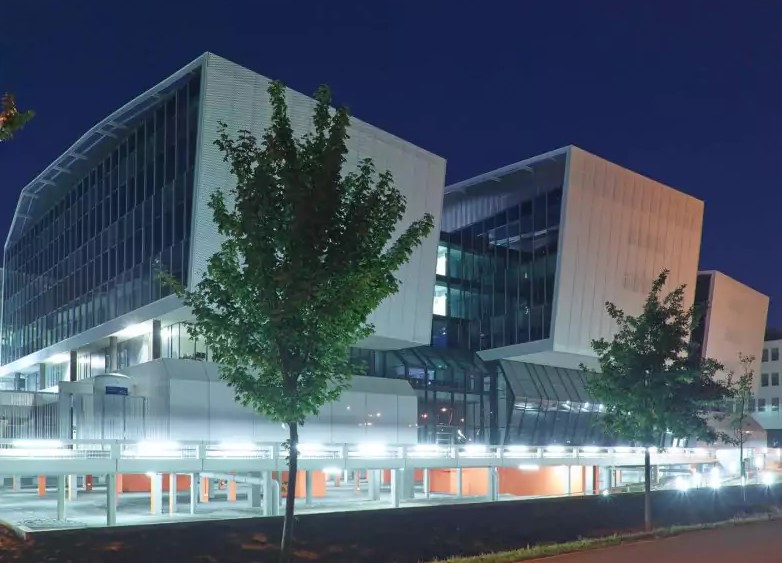
Researchers affiliated with São Paulo’s universities, research institutions, companies, and science and technology-based startups participate in another edition of FAPESP Week in Toulouse and Paris.
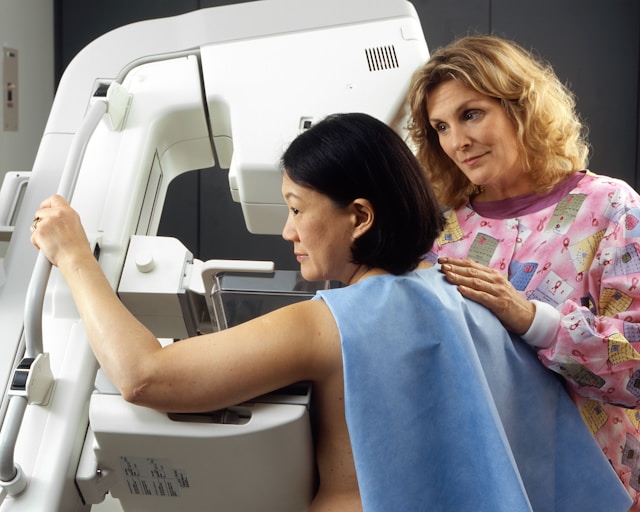
In a study conducted at São Paulo State University with 80 women over the age of 45, low-dose vitamin D supplementation nearly doubled the treatment response rate.

Based on individual interviews with adolescents and focus group discussions, researchers from São Paulo State University have created a classification of the coping strategies used by young people in situations of school bullying. The study also provides recommendations for educational institutions.
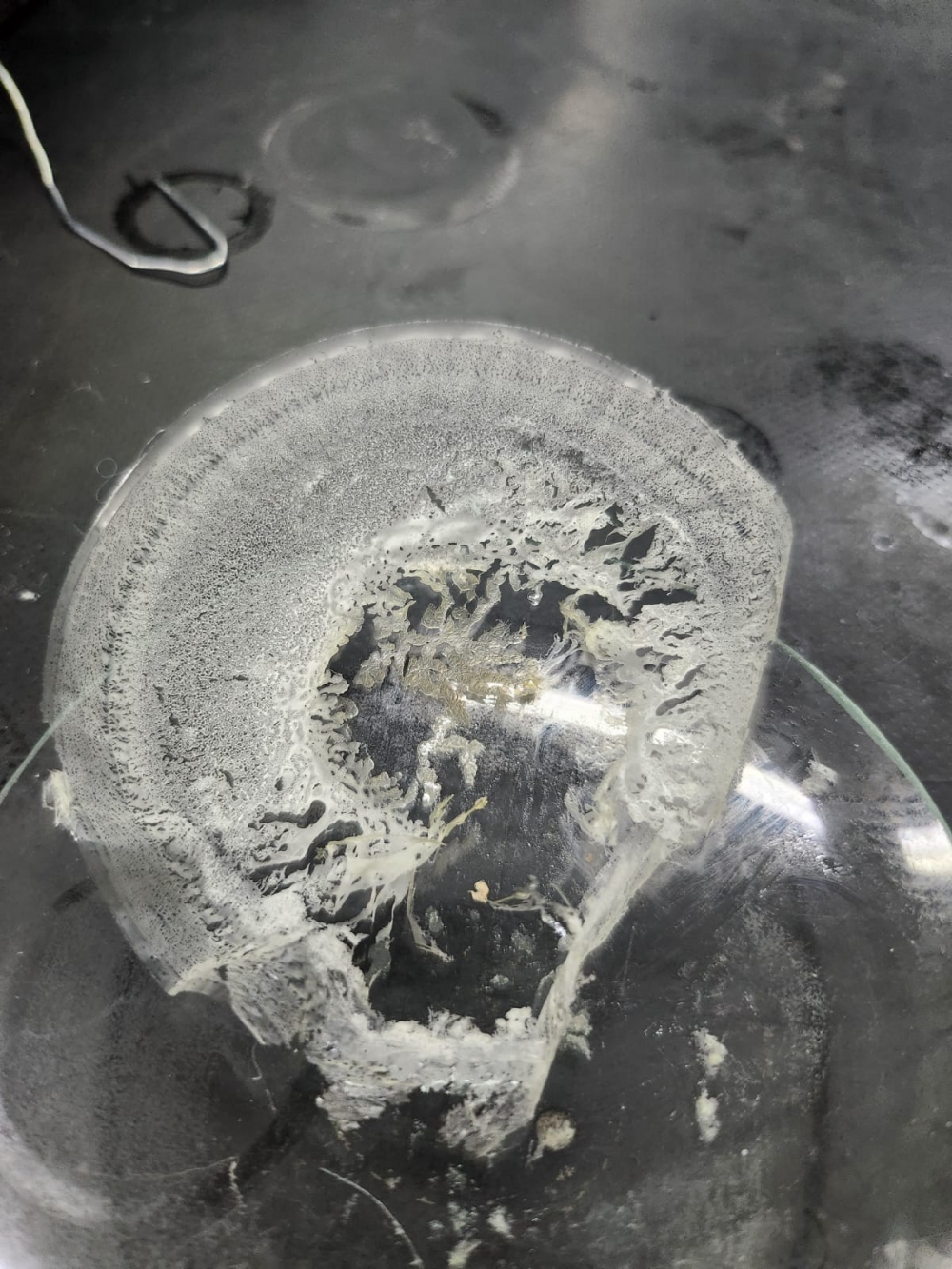
A startup supported by FAPESP has developed an alternative material using waste from the beer production process and used cooking oil.
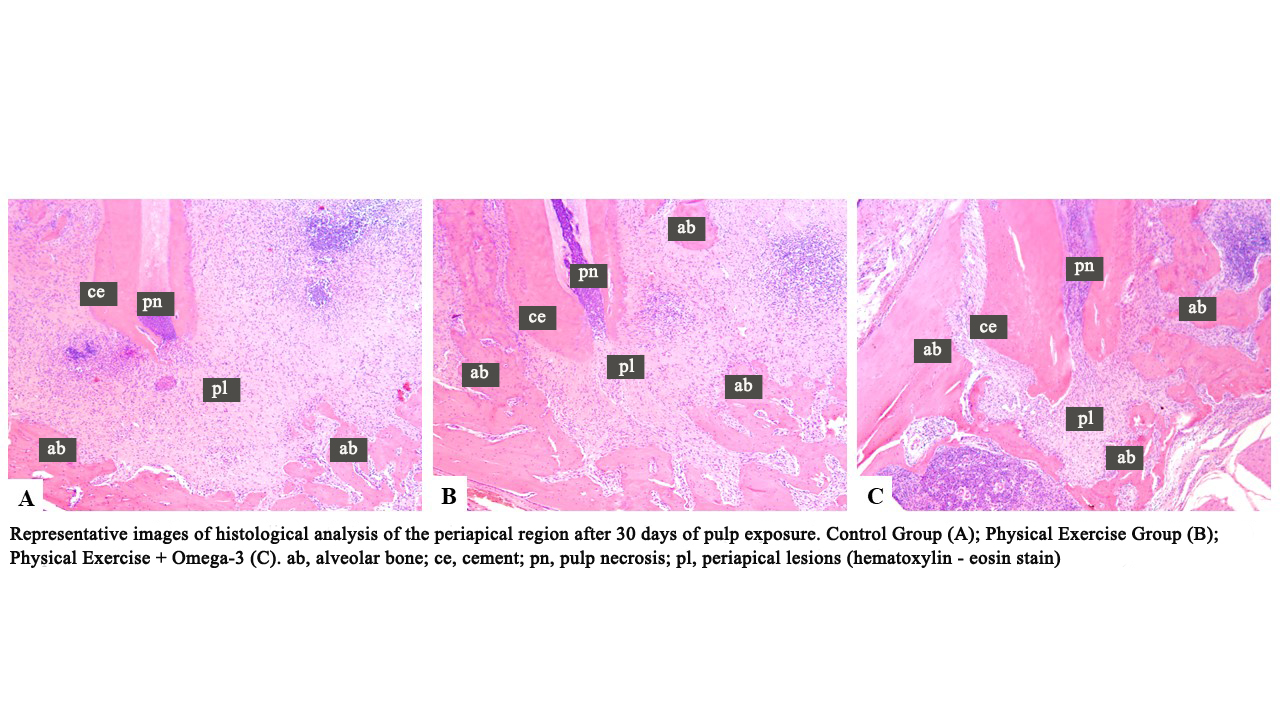
Rats that exercised and took fatty acid supplements responded better to bacteria and the inflammatory process of apical periodontitis, which can occur when caries reach the root canal and cause an infection.
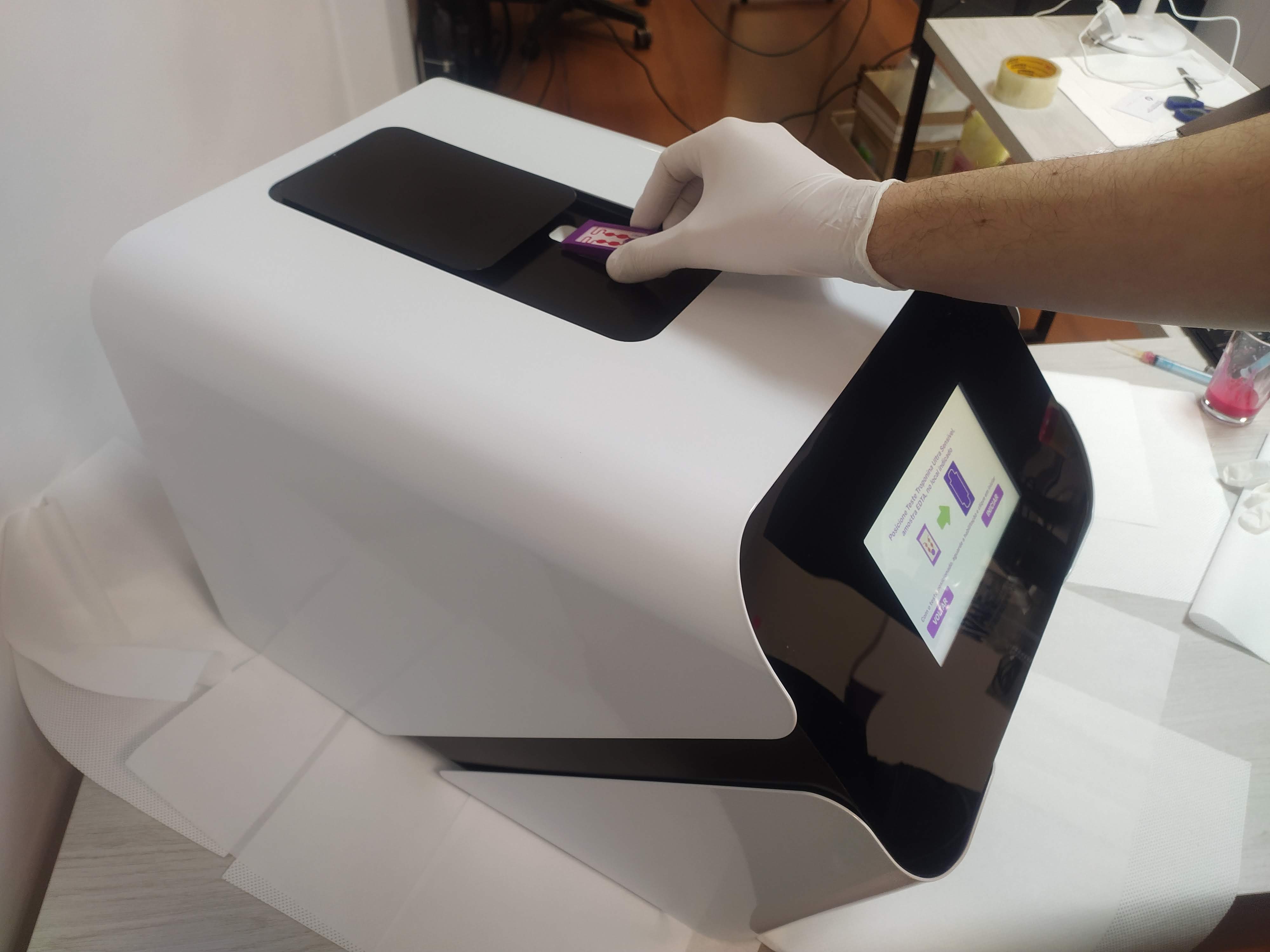
The system, developed by the FAPESP-supported startup, performs an assessment in eight minutes, drastically reducing the time needed to save lives; the technology will be presented at VivaTech in Paris.
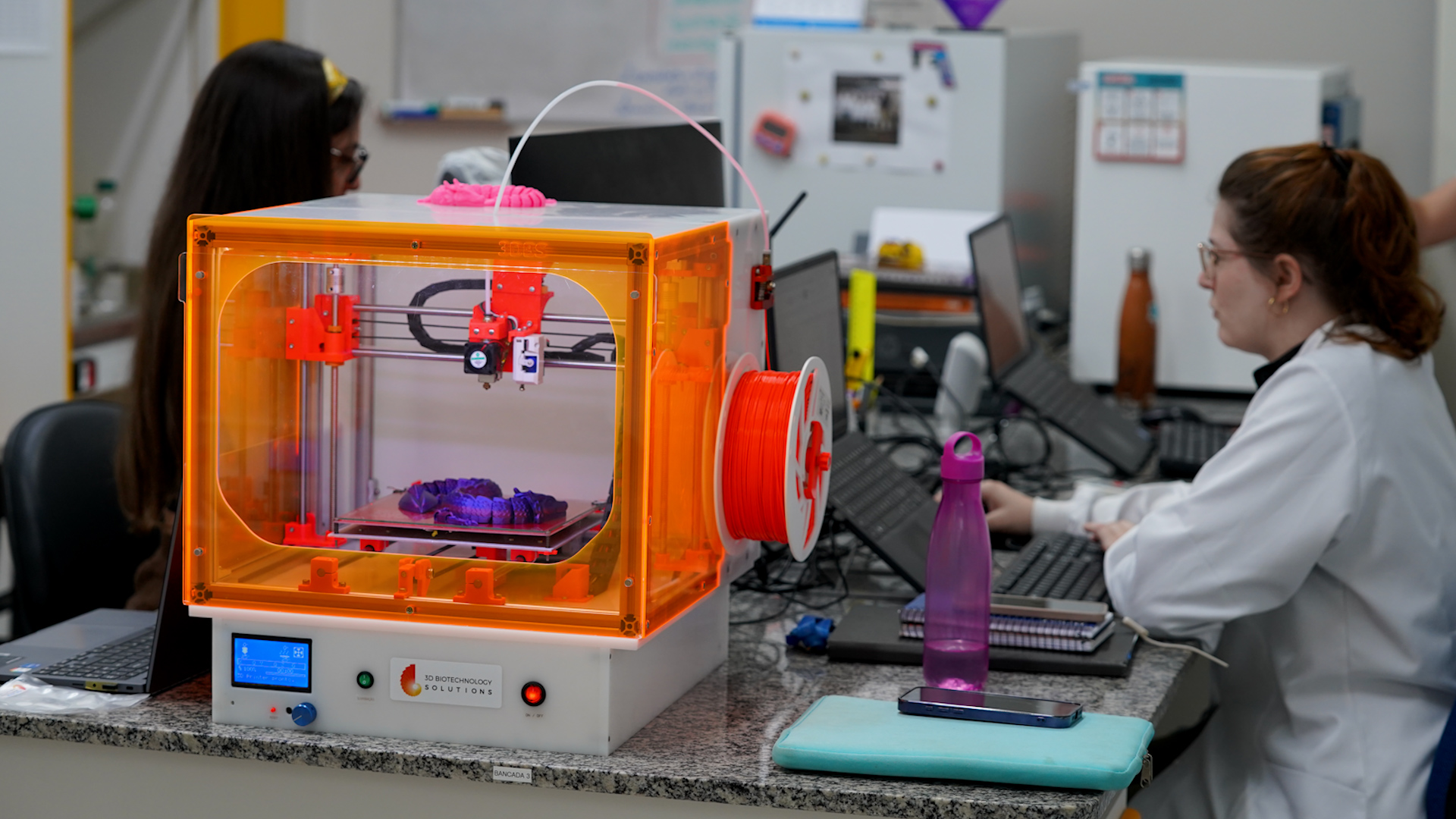
The Campinas-based startup has developed its own biofabrication and tissue engineering technologies with support from FAPESP; these solutions will be presented at Europe’s largest innovation fair in Paris.
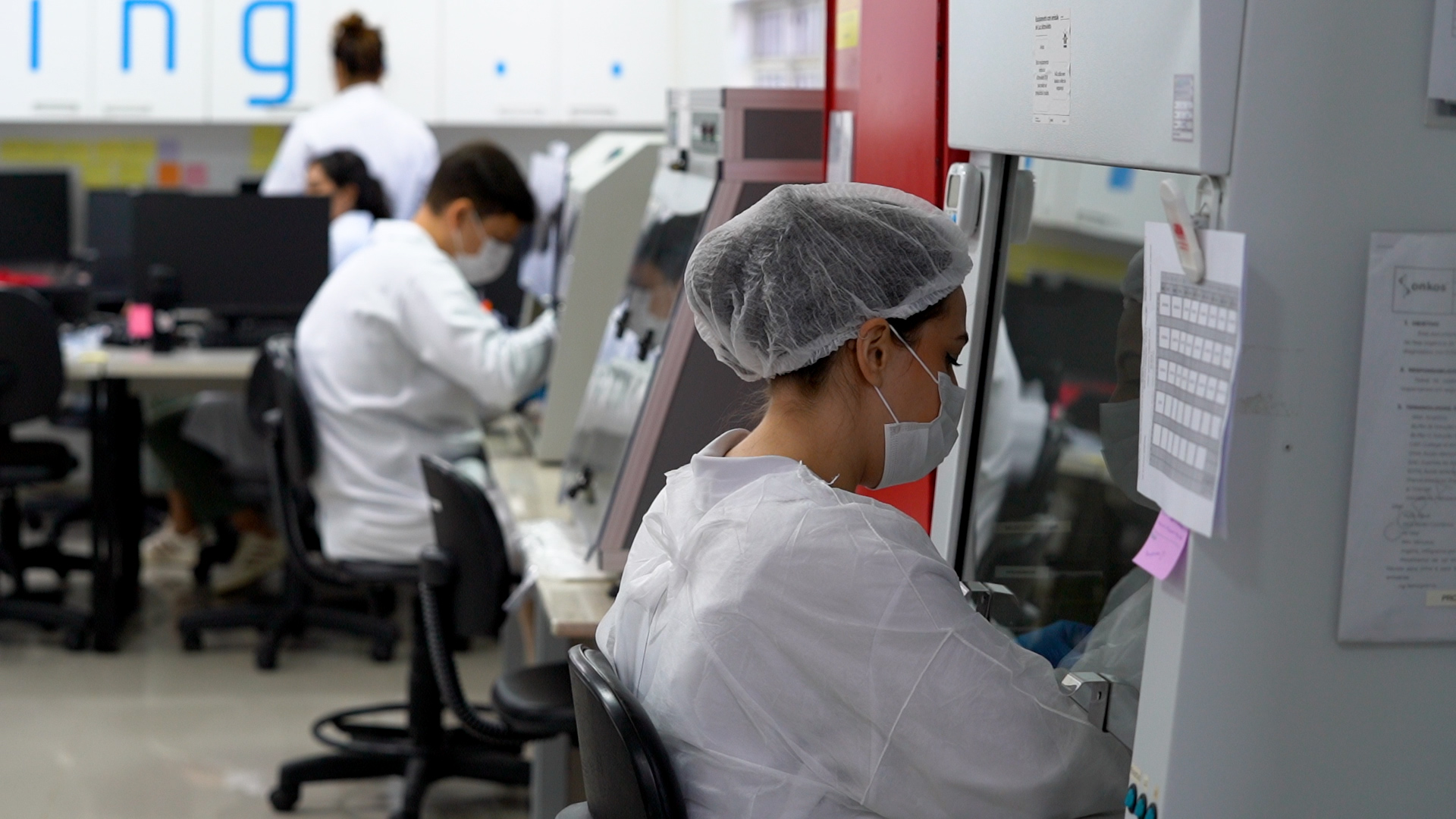
A test developed by the São Paulo state startup with support from FAPESP can distinguish benign nodules from malignant ones; the technology will be presented at one of the largest innovation events in France.

VivaTech is one of Europe's leading technology and startup events; USP and FAPESP will take researchers and disruptive technologies to the event in the areas of health, agriculture, sustainability, and artificial intelligence.
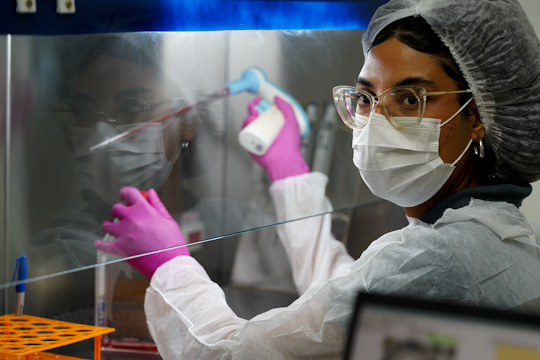
With support from FAPESP, the startup has developed a material containing human umbilical cord stem cells that speeds up the recovery of skin lesions; the technology will be presented at the VivaTech technology fair in France.

Startup supported by FAPESP develops promising sustainable solution from native flora; angico biotissue will be presented at VivaTech in France.
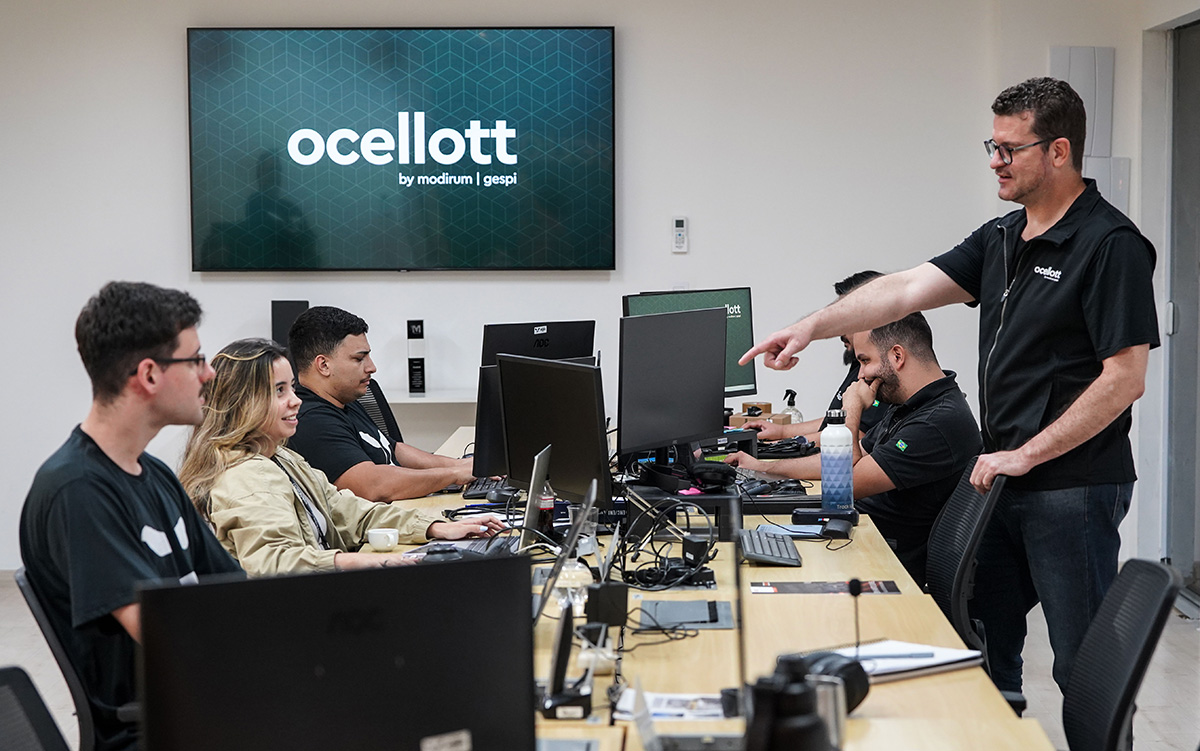
The FAPESP-supported company is developing critical equipment to make electric and hybrid aircraft models and eVTOLs viable; these technologies will be presented at VivaTech in France.